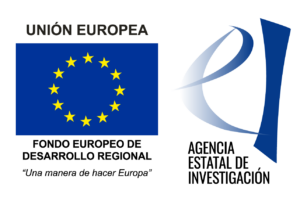HOME
 |
|
|
Vegetated intertidal systems provide important ecosystem services, such as coastal protection and Blue Carbon storage. Unfortunately, the coverage of these ecosystems has already declined by more than 50% for saltmarshes and more than 20% for seagrasses.
The predictions of sea level rise, the reduction of sediments due to river regulations and the strong anthropic pressure in coastal areas endanger the survival of these important ecosystems, threatening their biodiversity and the provision of important ecosystem services.
The resilience of these ecosystems rely on their ability to maintain their elevation in peace with sea level. This capacity depends on the contributions of sediments to grow, but also on the presence of vegetation to retain and fix sediments and organic carbon.
The objectives of this project include:
The model system for this project is the Cadiz Bay Natural Park. This system is under national (Park and Natural Area) and international (SAC, SPA, RAMSAR) protection figures and is characterized by abundant seagrass meadows and saltmarshes that are home to numerous populations of waders and migratory birds, which feed¡ in their rich biodiversity. We believe that the results of the iBESBLUE project will provide the basis for understanding the integrated functioning of other temperate ecosystems dominated by saltmarshes and seagrasses. |
|
 |
|
| Project PID2021-123597OB-I00 funded by: |
  |



